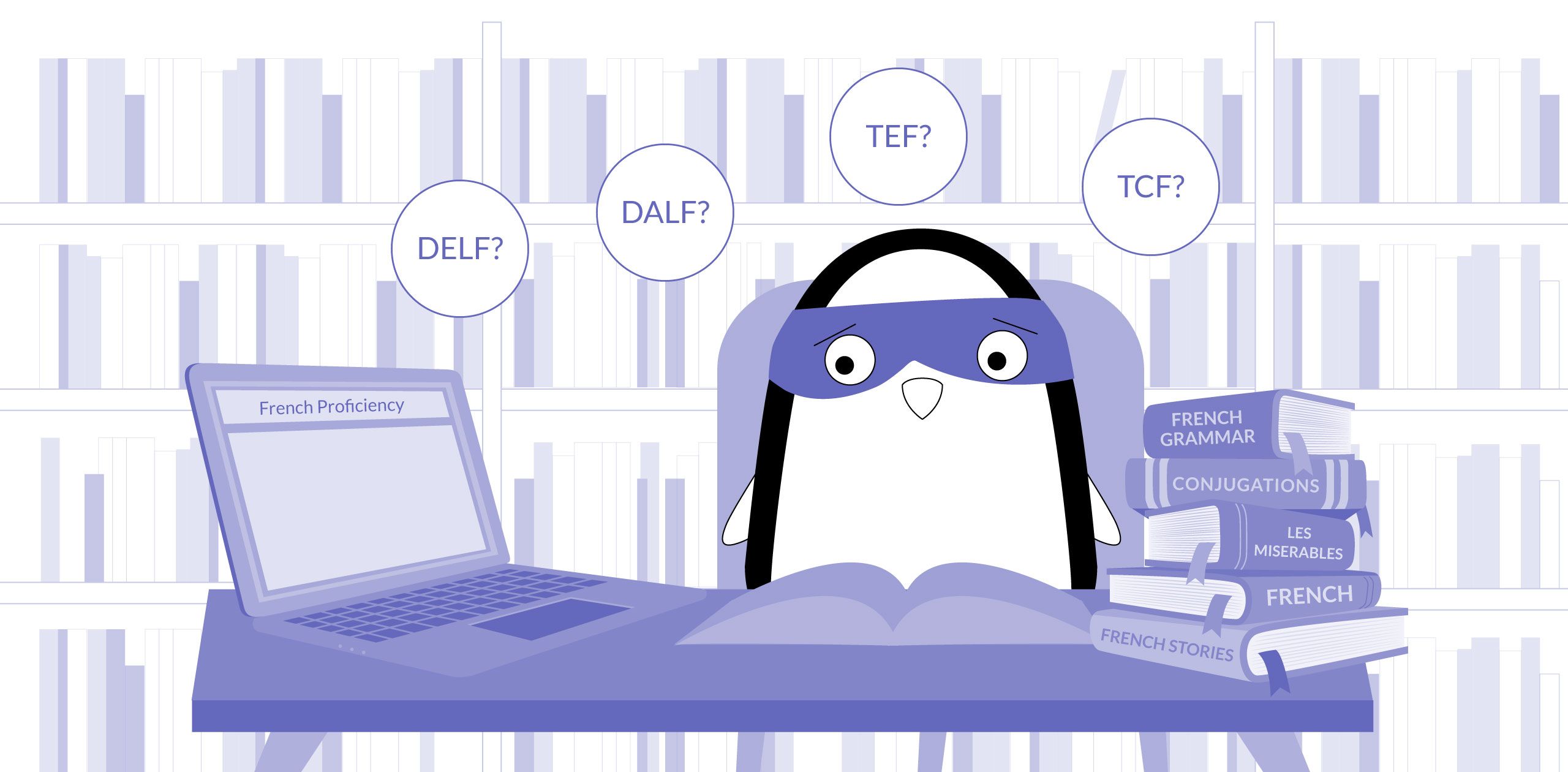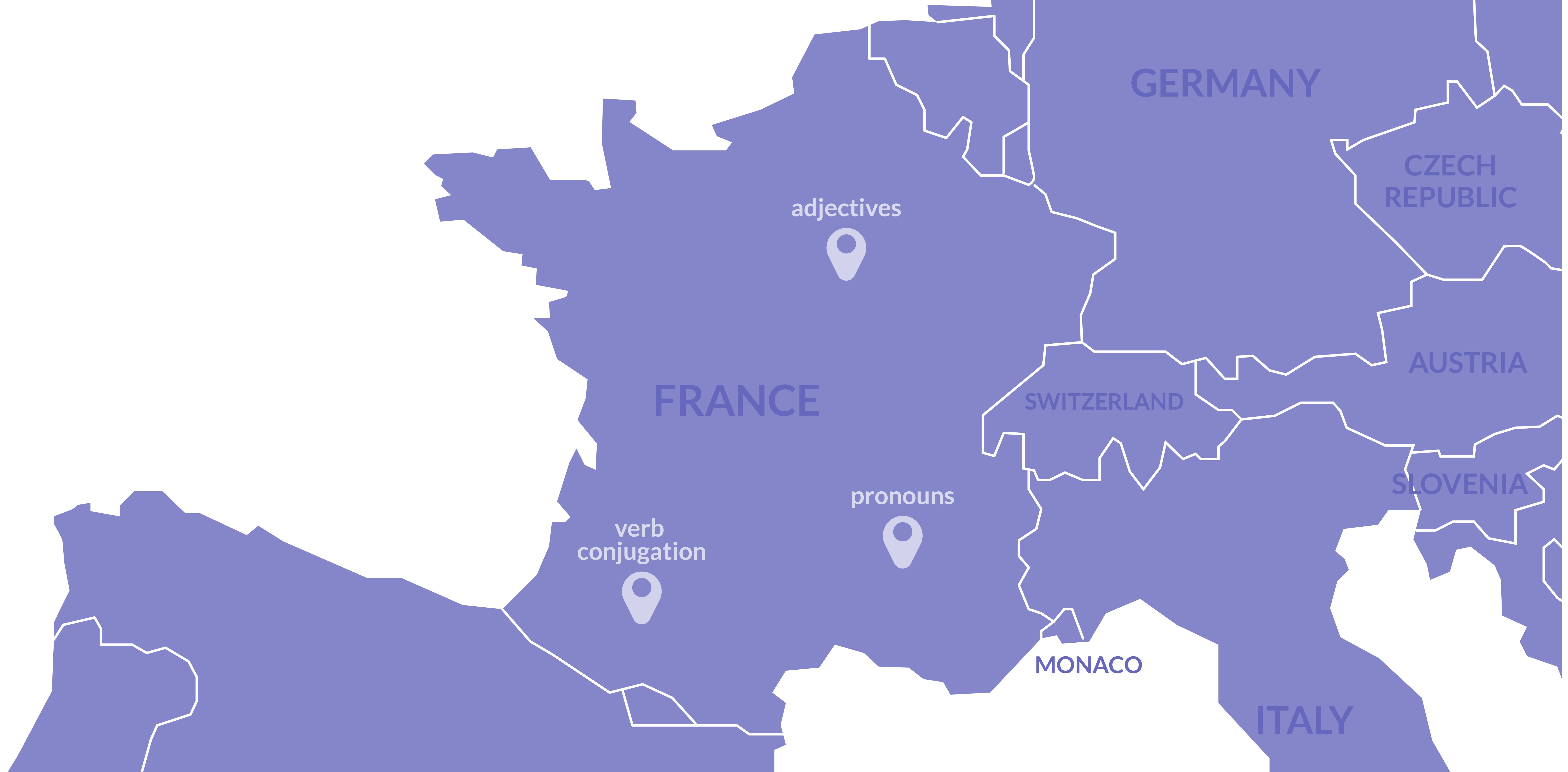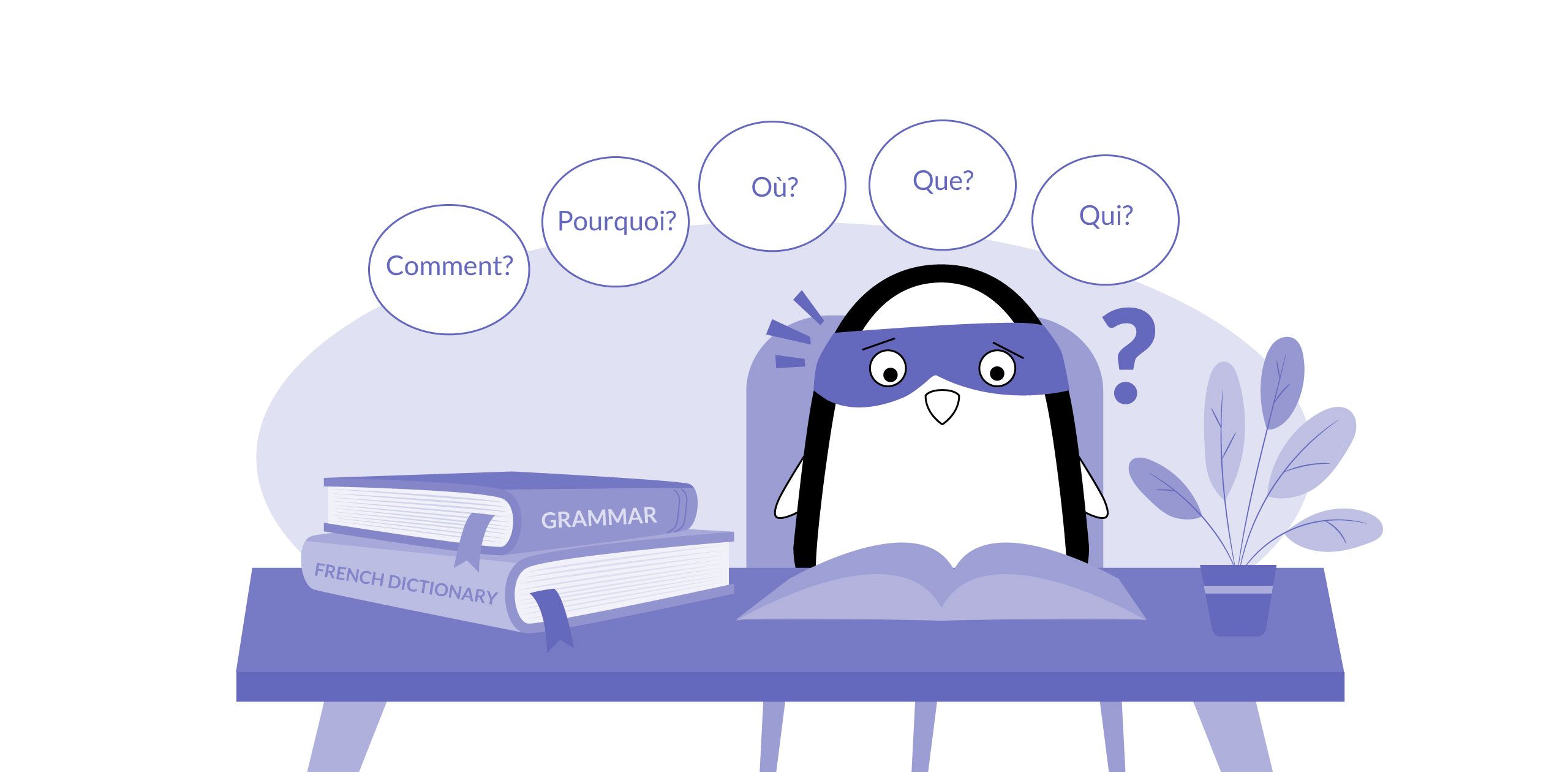
Just like in English, in French, there are different question words that you will need to know in order to ask basic questions. These question words are qui, quoi, où, quand, comment, and pourquoi, among others.
Of course, using them can be tricky sometimes, as different types of questions abide by different grammatical rules. Fortunately, learning how to use them can be pretty easy and instantly improve your everyday French.
In this article, we'll take a closer look at the most important question words in French and explain to English speakers how and when to use them. Ready to boost your French? Then read on and learn how to poser les questions.
Learn French with Langster
A Quick Reminder: How to Ask Questions in French
First, let’s take a moment to remind ourselves quickly how to ask questions in French overall.
In French, there are four ways to ask somebody something. Here’s how:
- Use intonation – make your voice go up at the end of the sentence. In that case, the word order doesn’t change.
- Use the question phrase est-ce que ? After using this phrase, word order doesn’t change.
- Use inversion – change the normal word order.
- Use a question word.
In the article below, you will find the list of the most common French question words. However, using them still requires either changing your intonation, or changing the word order, or placing est-ce que ? in the beginning of the sentence. Let’s take a look at how word order changes in such sentences:
Inversion in Questions
Just like in English, you can use inversion in French to create a question. To do so, you place the verb in front of the subject and join the two by the hyphen. While English will almost always use an auxiliary verb to ask a question, you don’t always have to do that in French.
French
English
Lisez-vous rapidement ?
Do you read quickly?
That doesn’t mean French is auxiliary verb-free. When used with compound tenses, we place the auxiliary verb first, followed by the subject, and then by the main verb:
French
English
Avez-vous lu rapidement ?
Did you read quickly?
When you’re using the personal pronouns il or elle as a subject, make sure to add -t- between the verb and the subject. This is used for more flowing pronunciation:
French
English
A-t-il conduit rapidement ?
Did he drive fast?
When the inversion is used with question words, all of the above rules apply – the only change is that you add a question word at the very beginning of the sentence:
French
English
Quand le train arrive-t-il ?
When does the train arrive?
Est-ce Que ? A Question Phrase in French
Est-ce que ? is the basic question phrase used to form questions. It is made up of the verb "to be" (être) and the interrogative pronoun "what" (que). It loosely translates to “what is,” but the meaning is pretty flexible. To ask a question in French using this phrase, you will need to place it at the beginning of the sentence.
In that case, the word order in the sentence doesn’t change:
French
English
Est-ce que vous êtes français?
Are you French?
Est-ce que c'est votre chien?
Is this your dog?
Est-ce que tu penses que c'est une bonne idée ?
Do you think that's a good idea?
N'est-ce pas agréable ?
Isn’t this nice?
You can also use this phrase together with question words if you want to avoid using inversion in questions. So, instead of the example mentioned above, we can also say:
French
English
Quand est-ce que le train arrive ?
When does the train arrive?
When est-ce que is followed by il or elle, a contraction occurs:
French
English
Est-ce qu'il t'aime ?
Does he love you?
And now that we have practiced the basics, let’s move on to the question words.
What? - Que?/Quoi?
Que and quoi are the French words for “what.” As a question word, they are used to ask for clarification about a certain topic or item. For example, you might use que to ask someone what they did over the weekend.
In most cases, que is followed by a noun or a pronoun and then translated into English as “what.” However, it can’t go after prepositions – instead, you have to use quoi.
French
English
Que veux-tu?
What do you want?
À quoi penses- tu?
What are you thinking about?
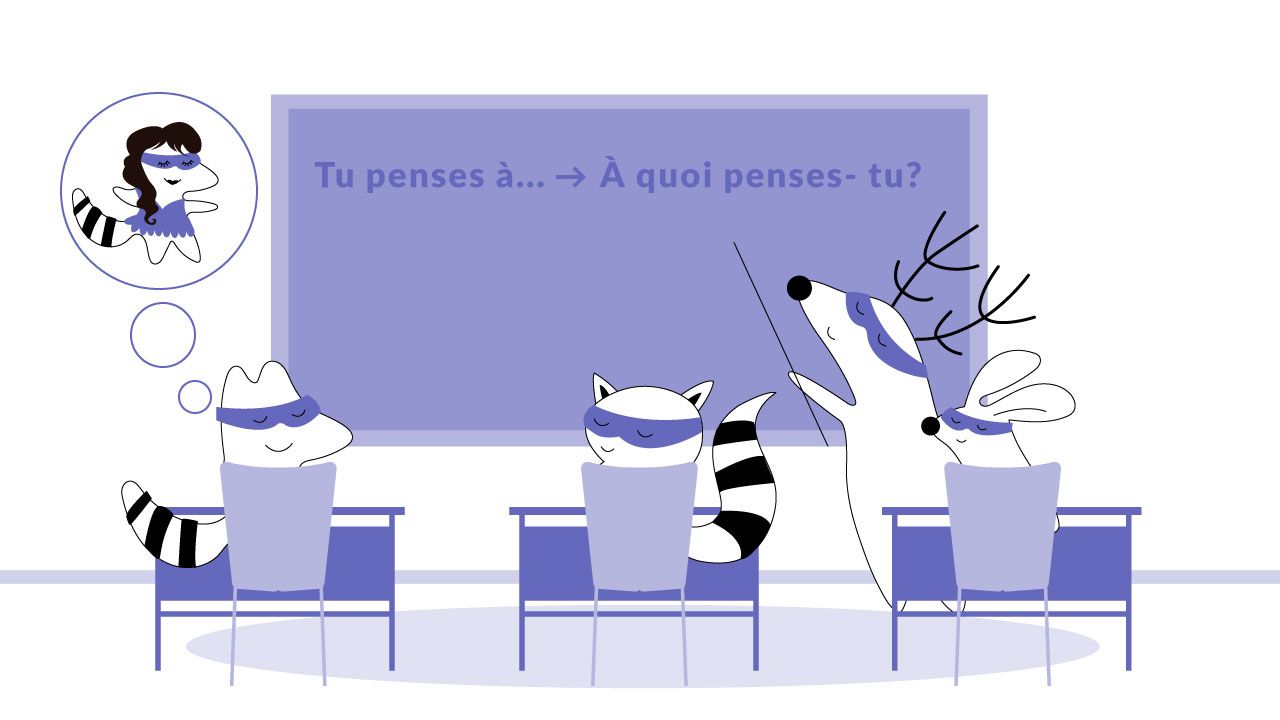
Que and Quoi as Questions and Pronouns
As we mentioned earlier, que and quoi are most commonly used to ask for clarification about a certain topic or item. They can be used in both positive and negative questions, and they appear at the beginning of the question. For example:
French
English
Que sais-tu?
What do you know?
Que fais-tu?
What are you doing?
Qu'est-ce que tu n'as pas fait ?
What have you not done?
De quoi t'a-t-elle parlé ?
What did she tell you about?
Que and quoi can also be used as interrogative pronouns, which is a word that takes the place of a question word. For example:
French
English
Il va acheter la maison que j’ai vue.
He’s going to buy the house that I saw.
Dis-moi ce à quoi tu penses.
Tell me what you're thinking about.
Qui? – Who?
Qui is the French word for “who” or “whom.” As a question word, it is used to talk about people. For example, you might use qui to ask who did what. In most cases, qui is followed by a verb and serves as a subject.
French
English
Qui est-ce?
Who is that?
When to Use Qui?
As we mentioned earlier, qui is most commonly used to ask for the identity of a person or persons. It can be used in both positive and negative questions, and it usually appears at the beginning of the question. For example:
French
English
Qui est-ce qui a fait ça?
Who did that?
Qui ne va pas à la fête ?
Who is not going to the party?
Unlike que, it can be used after a preposition, and in such cases, it can be translated as “who” or “whose?”
French
English
A qui parlez-vous ?
Who are you talking to?
A qui est cette maison ?
Whose is this house?
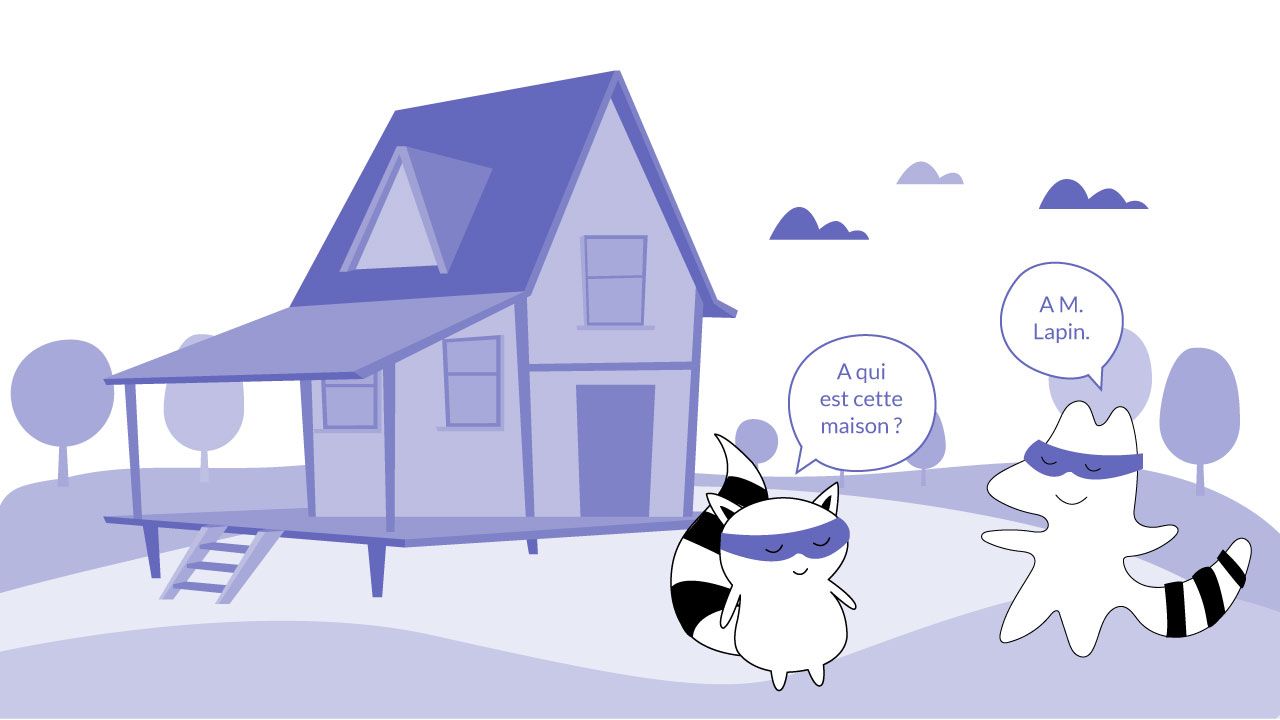
Qui can also be used as an interrogative pronoun. For example:
French
English
Il voit qui?
Who is he seeing?
La femme à qui j'ai parlé hier, était mon professeur.
The woman whom I talked to yesterday was my teacher.
Elle travaille pour qui ?
Who does she work for?
Qu'est-ce que ? – What is it?
Qu'est-ce que ? is a question phrase in French that is used to ask for clarification about a certain topic or item. It's a shortened version of the phrase "que est-ce que?", which we can literally translate as "What is it?"
It can be used in both positive and negative questions, and it usually appears at the beginning of the question. For example:
French
English
Qu'est-ce que vous avez fait hier soir?
What did you do last night?
Qu'est-ce que tu penses de cette robe?
What do you think of this dress?
There are also other question phrases that begin with “qu’est-ce…,” for example:
French
English
Qui est-ce?
Who is that?
Qu'est-ce que c'est?
What is it?
Qu'est-ce qu'il y a?
Is there… ?
Où – Where?
The French question word "où" is used to ask about location and is translated as “where.” It can be used to ask where someone or something is, or how to get somewhere. Où is also used to ask for clarification about a location that has already been mentioned. Here are some examples:
French
English
Où est Paul?
Where is Paul?
Où sont les toilettes?
Where are the toilets?
Où est ce bus ?
Where is that bus?
Où as-tu acheté cette robe?
Where did you buy this dress?
You can also use où as an adverb to describe places of personal significance:
French
English
La maison où j'ai passé la moitié de ma vie, a été détruite.
The house where I spent half of my life, was destroyed.
Note: don’t confuse the French question word où, which means “where,” and ou, which means “or.” This is one of those tricky French homophones.
Quand – When?
The French question word quand is used to ask about time and can be translated as “when.” It can be used to ask when something happens or will happen. Here are some examples:
French
English
Quand partons-nous?
When are we leaving?
Quand as-tu décidé ça?
When did you decide that?
Quand est-ce que tu pars en vacances?
When are you going on holiday?
It can also be used with prepositions:
French
English
Depuis quand travaillez-vous ensemble ?
How long have you been working together?
Just like other interrogative questions, quand can stand in the middle of the sentence. It can serve either as a conjunction or an adverb, and in this case, it would simply mean "when", as in:
French
English
Quand j'ai commencé mes vacances, il y avait du soleil.
When I started my vacation, it was sunny.
Elle ne m'a pas dit quand il est parti.
She didn't tell me when he left.
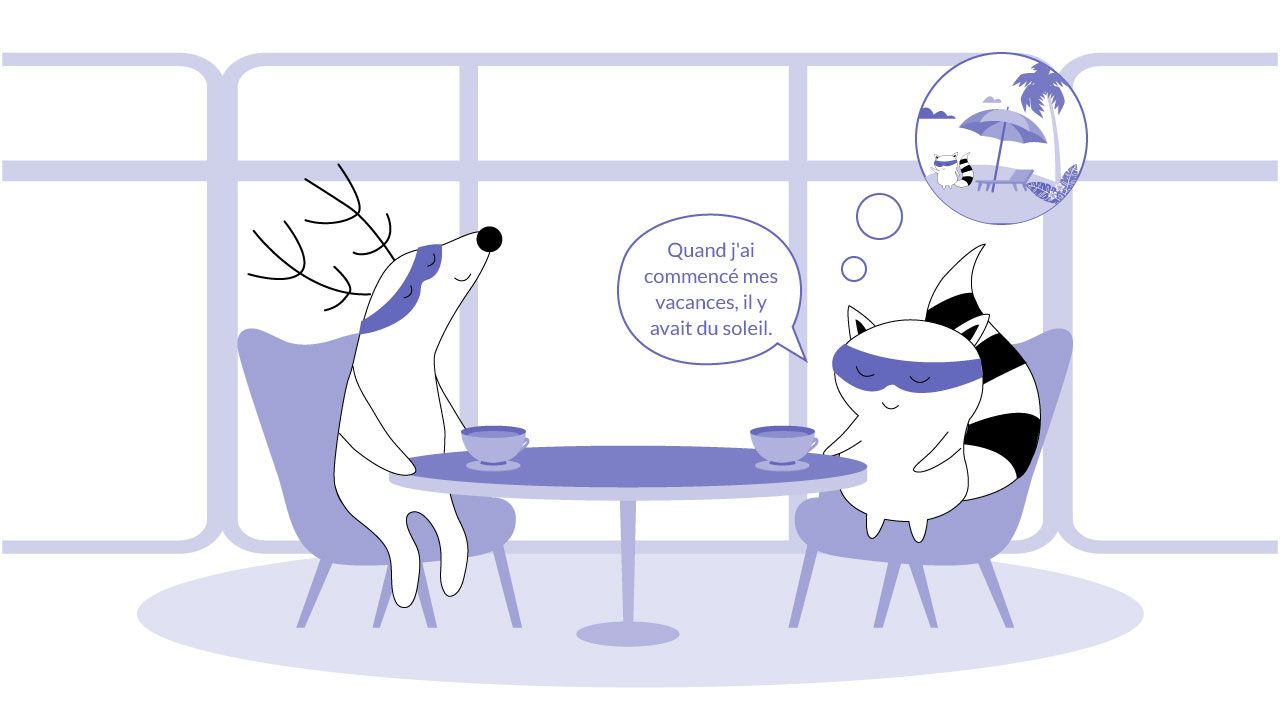
Comment? – How?
Comment is a French question word translated as “how.” It can be used to ask how something is done, or how somebody is feeling.
French
English
Comment vas-tu?
How are you?
Comment faire ça?
How do you do that?
Comment est-ce arrivé?
How did that happen?
Comment vous appelez-vous ?
What is your name?
It can also be used as an adverb, meaning "how”:
French
English
Elle m'a expliqué comment fonctionnent les avions.
She explained to me how airplanes work.
Combien? – How Many?
In English, we might ask "how much" with the question word "how." In French, we use the word combien to ask this question. For example, we might ask someone how much money they have by asking "combien avez-vous?" or we might ask how many items are in a group by asking "combien y a-t-il?"
There are several ways to use this in a question. We can use two combinations:
- combien + verb?
French
English
Combien coûte cet ordinateur ?
How much does this computer cost?
- combien de + noun?
French
English
Combien de personnes seront présentes ?
How many people are going to be there?
You can also use it in the middle of the sentence:
French
English
Tu en veux combien ?
How much do you want?
Pourquoi? – Why?
The French question word pourquoi is used to ask about the reason for something and is translated as "why." Pourquoi can be used to ask why somebody did something, or why something happened. Here are some examples:
French
English
Pourquoi faites-vous cela ?
Why are you doing this?
Pourquoi cela vous a-t-il pris si longtemps ?
Why did it take you so long?
When answering a question that starts with pourquoi, we usually start the answer with parce que – “because.”
French
English
Parce que je pense que ce serait pour le mieux.
Because I think it would be for the best.
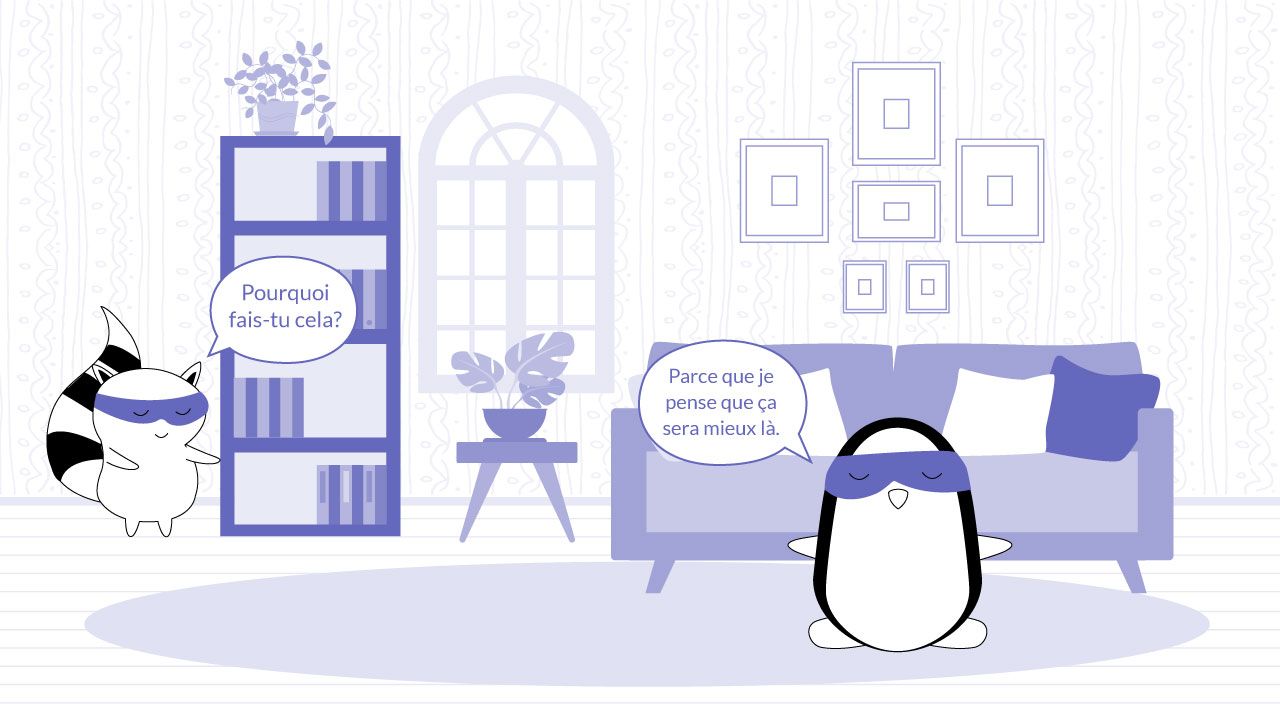
Final Thoughts
Now that you know how to ask questions in French, you can communicate with others more easily. Whether it's for a language class or for business purposes, knowing these basic question words will help you ask for help and make connections.
Nevertheless, this is just a basic lesson. If you want to master French questions and sound like a native, make sure to practice more – for example, with the Langster app. There, you can learn new words and phrases in real-life contexts, pass engaging quizzes, and listen to audio created by native speakers. Experience the fun of learning with Langster.







